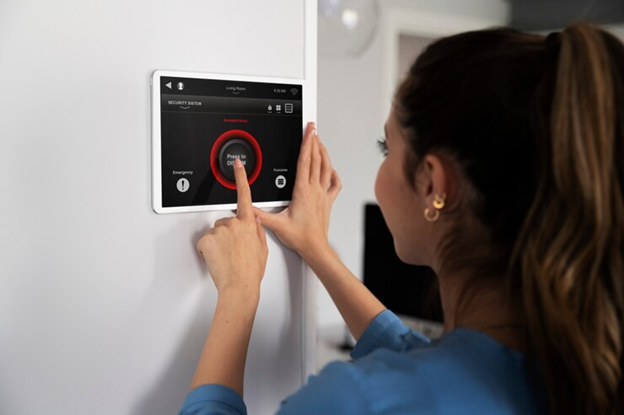Our homes are sanctuaries from the elements, offering a haven of comfort regardless of the outside temperature. While these systems work tirelessly to keep us cool in the summer and warm in the winter, they require regular care and attention to operate efficiently and avoid breakdowns. This guide explores top tips for ensuring optimal performance from your home’s climate control systems throughout the year.
Let’s get started!
Top Tips for Maintaining Your Home’s Climate Control Systems
By following these tips, you can extend the lifespan of your systems, minimize the need for furnace repair or air conditioning installation, and ensure year-round comfort in your home.
1. Prioritize Preventative Maintenance for Smooth Operation:
The cornerstone of a smoothly functioning air conditioning and heating system lies in preventative maintenance. Scheduling regular appointments with a qualified HVAC technician is crucial.
These appointments typically involve a thorough inspection of both systems. Technicians will clean components, check for leaks or blockages in ductwork, and ensure proper fuel combustion (furnaces) and refrigerant levels (air conditioners).
Preventative maintenance helps identify minor issues early on, preventing them from escalating into major problems that might require a costly furnace repair or air conditioning installation down the line. Ideally, schedule maintenance appointments twice a year – once before the heating season and once before the cooling season.
2. Embrace DIY Maintenance Tasks:
While some aspects of climate control system maintenance require a professional touch, there are simple tasks you can handle yourself to keep your systems running smoothly. Before each season, visually inspect both your air conditioning unit and furnace for any visible signs of wear or damage.
Clean the areas around the outdoor unit (air conditioning) and air intake vents (furnace), removing debris like leaves or twigs that can obstruct airflow.
3. Recognizing When to Call a Professional:
For air conditioners, watch out for unusual noises coming from the unit, inconsistent cooling throughout your home (certain rooms feeling cooler or warmer than others), a sudden increase in your energy bills, or weak airflow coming from your vents.
For furnaces, warning signs include unusual noises, uneven heating throughout your home, a sudden increase in your energy bills, or a lack of warm air coming from your vents. If you experience any of these issues, don’t hesitate to contact a qualified technician to diagnose and address the problem promptly. Early intervention can often prevent the need for a more extensive and expensive furnace repair.
4. Considering System Upgrades for Long-Term Benefits:
If your climate control system is nearing the end of its lifespan (typically around 10-15 years for furnaces and air conditioners), it might be time to consider an upgrade. Modern air conditioning and heating systems are significantly more energy-efficient compared to older models.
While the initial investment for a new system might seem high, the long-term savings on energy bills can be substantial. A qualified HVAC professional can assess the efficiency of your current systems and advise you on whether a repair might suffice, or if a system upgrade ( air conditioning installation or new furnace installation) would be a more cost-effective solution for your needs.

